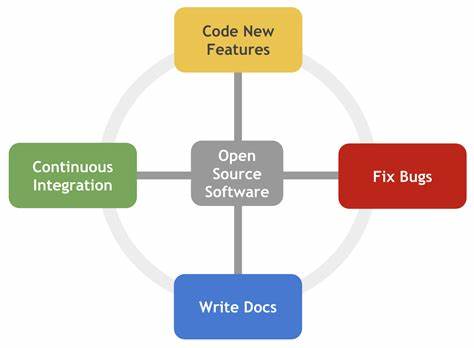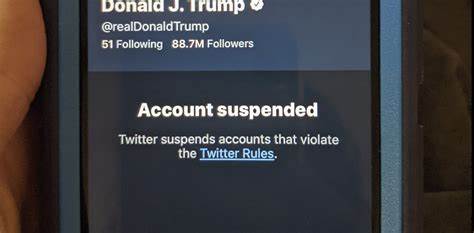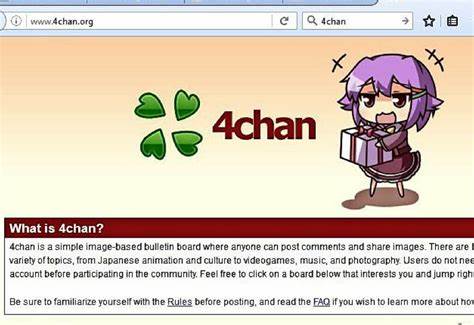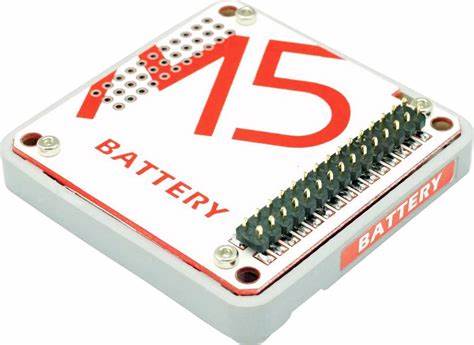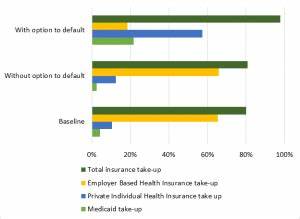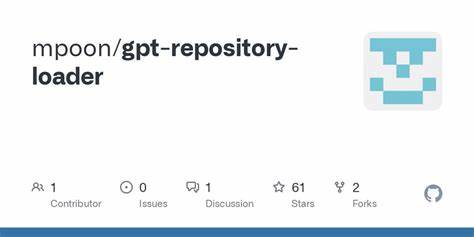Contributing to open source projects is widely celebrated as an excellent opportunity to gain hands-on experience, sharpen technical skills, and build a professional portfolio. Among these contributions, documentation work is often viewed as an accessible entry point, especially for aspiring technical writers and content creators. However, acquiring substantive documentation experience in open source environments is a far more challenging endeavor than it appears at first glance. The journey is frequently paved with unexpected obstacles that can frustrate newcomers and dampen initial enthusiasm. One of the most surprising realities users encounter is that not all open source projects are as open or welcoming as their name implies.
While many communities foster collaboration and encourage contributions from users of all backgrounds, others maintain a more guarded approach. In some projects, the core maintainers treat the initiative almost like a personal venture, closely monitoring the quality and impact of any external inputs. This mindset can make it difficult for first-time contributors to gain meaningful participation. Even when passion and goodwill are evident, prospective documentarians may face rejection or indifference simply because the maintainers are protective or time-constrained. Recognizing this human factor is crucial; it helps reduce frustration and encourages searching for projects with more inclusive cultures.
Another irony lies in the very nature of missing documentation itself. Paradoxically, many open source projects suffer from a lack of clear, accessible guidelines for contributions, especially for newcomers interested in documentation work. The documentation outlining how to contribute is often sparse or outdated, leaving hopeful contributors confused about where to start or how to align their work with the project's goals. This absence is usually not due to disregard but stems from a scarcity of resources, as maintainers prioritize coding and bug fixes over documentation amidst pressing deadlines. Consequently, newcomers may feel unmoored and without direction, which can stall their progress and enthusiasm.
Beyond the initial hurdle of entry, writing quality documentation is inherently a collaborative process that involves interaction with developers, project managers, and other stakeholders. This collaboration is essential because documentation needs to accurately reflect complex technical details, evolving features, and user requirements. However, many open source projects operate with limited human resources, particularly concerning review and feedback. Maintainers, often volunteers juggling multiple responsibilities, may not have enough time to thoroughly review documentation contributions promptly. This scarcity of timely, constructive feedback is a significant challenge for newcomers who require guidance and validation to refine their work and feel part of the community.
Technical proficiency is another important factor that cannot be overlooked. Effective documentation demands a deep understanding of the project’s architecture, programming languages, and operational logic. Without this expertise, contributors may struggle to create content that is clear, useful, and technically accurate. For many, this necessitates a substantial initial investment of time and effort to familiarize themselves with complex technologies and workflows. Finding projects that align closely with one’s prior technical knowledge can alleviate this burden and foster more meaningful and enjoyable contributions.
Building trust within the community is perhaps one of the most understated yet critical elements of successful documentation contributions. Open source maintainers may hesitate to invest significant time mentoring newcomers due to past experiences where contributors vanish after minimal involvement or provide superficial edits that don’t meet project standards. Establishing credibility is a gradual process that requires consistent, reliable engagement. Repeated participation, even through minor fixes and regular communication, signals commitment and helps forge relationships. Over time, this trust opens doors to more substantial involvement and greater impact on the project’s documentation quality.
Despite these multifaceted challenges, the rewards of gaining documentation experience in open source are substantial. Contributors develop not only superior writing and technical skills but also learn to navigate collaborative development environments and remote teamwork dynamics. Moreover, participation in well-regarded projects adds weight to professional portfolios, especially in technical writing, software development, and community management careers. Strategic planning and perseverance are key to overcoming the obstacles described. Prospective contributors should conduct thorough research to select projects whose technologies and community ethos resonate with their skills and values.
Investing time in understanding the project's goals, reading existing documentation critically, and engaging respectfully with maintainers and users can smooth the path toward meaningful contributions. Embracing incremental goals—starting small and gradually expanding one’s involvement—can help maintain motivation and facilitate trust-building. In conclusion, though gaining documentation experience in open source projects is more complex than commonly assumed, this complexity should not be a deterrent. Awareness of the hidden challenges—from community openness and missing guidance to technical demands and trust-building—prepares contributors for a more realistic journey. Approaching contributions with patience, curiosity, and strategic effort maximizes the chances of success and professional growth.
Ultimately, the experience earned, the connections made, and the skills refined through navigating these challenges make the endeavor highly worthwhile for anyone aspiring to excel in technical documentation within the open source ecosystem.
